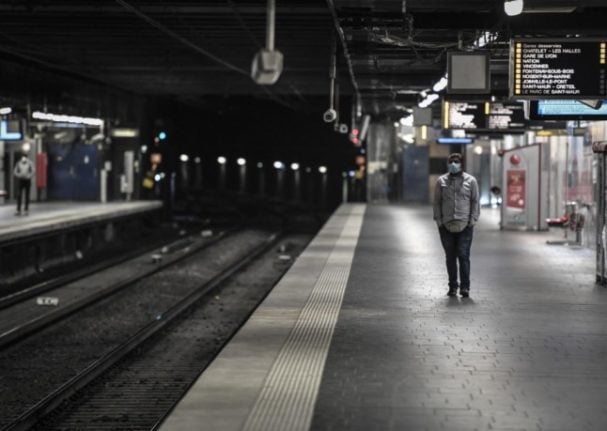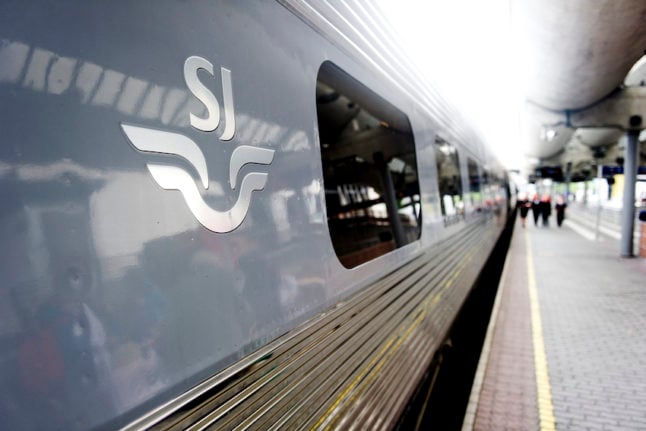But transport operators do not seem unduly worried by the fall-off in numbers.
Anyone who has endured rush hour on the Metro may be pleased to learn that the number of users is expected to be noticeably lower in future, according to the latest Mobility Futures study by the Kantar Institute.
With employees increasingly keen to work from home at least part of the week even after the pandemic ends, many plan to walk, cycle or take their car for the few days they are in the office.
One told Le Parisien: “The RER now is only for when it rains!”
And another said that working from home had freed up their weekends, and saved them a two-hour daily commute.
Passenger numbers on trains, trams and Metro services in May are running at 50 percent down on pre-Covid-19 levels – and operators fear they may never return, as Transilien director Sylvie Charles had suggested in a recent interview.
In a study of 10,000 people in 13 cities, the Kantar Institute found that satisfaction levels with public transport in Paris was just 26 percent, down from 34 percent in pre-Covid times – with only one in four believing that the health situation will improve enough to tempt them back in the near future.
It also compared unfavourably to 37 percent satisfaction with public transport services in towns and cities outside the French capital.
Meanwhile, private cars have enjoyed a surge in popularity, despite the efforts of public officials to promote other forms of transport.
“Our first study in 2019, a little before the health crisis, concluded that by 2030, the car would no longer be the dominant mode of transport, in favour of walking, cycling or public transport,” Isabelle Rio-Lopes, Director of Innovation & Mobility at the Institute said.
Surprisingly, the rediscovered love for cars pre-dates the pandemic. “Individual modes were already rated higher than public transport in 2019. With the pandemic, the gap has widened, leading to a lasting return to the car,” Ms Rio-Lopes said.
Sales of more environmentally acceptable vehicles with hybrid or electric engines have jumped in 2020, she said.
After walking, cars are set to be the preferred means of transport in Paris in 2021, according to Institute figures.
But Ile-de-France Mobilités (IDFM), the organising authority of public transport in the region, does not seem unduly concerned.
“We are not going to get back to the same levels of use as before the health crisis straight away. But there will not be a massive effect,” according to IDFM’s director general Laurent Probs.
He said the authority had carried out several “very thorough” studies to identify changes in future transport habits.
According to early results, a rise in remote working in and around the capital would lead to a 5 percent drop-off in commuter numbers.
“This is not necessarily a bad thing,” Mr Probst said, pointing out that IDFM has long advocated the partial use of remote working to ease pressure on the public transport system.
The predicted drop-off “reduces the load at peak times,” he said. “The drop in commuting because of Covid represents less than two years’ growth.”



 Please whitelist us to continue reading.
Please whitelist us to continue reading.
Member comments